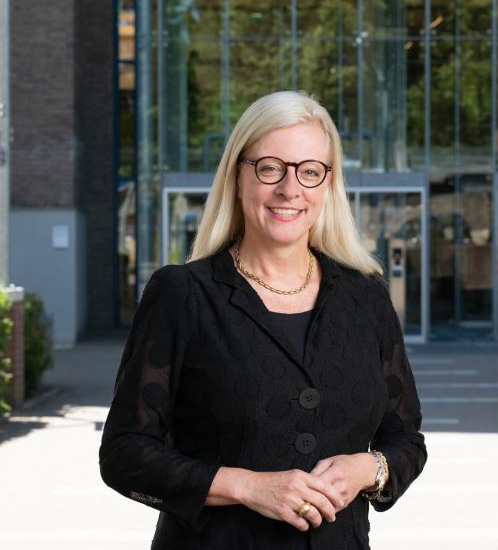Do university rankings really matter?
Each year, various publications such as the Financial Times and Times Higher Education release university rankings. These rankings rate schools, indicating which programmes offer the best educational investment.
In recent years, there has been quite some debate surrounding the value of rakings. So the question is: do university rankings really matter that much? Fair question. In this article, both the Dean and Associate Dean of Maastricht University's School of Business and Economics (SBE), Mariëlle Heijltjes and Gaby Odekerken weigh in on the subject.
A useful tool for comparison

‘I find rankings very relevant as they enable comparison between different schools. It is sometimes hard to judge how different schools compare to each other, especially in an international playing field where different national quality assurance systems are in place. For instance at SBE, when we have to decide on which schools to partner with, a ranking can provide some additional clarity.’ SBE’s Dean Mariëlle Heijltjes explains.
Mariëlle does point out that when looking at rankings, it is important to take into consideration the methodology for each ranking: ‘The caveat is that you have to be very mindful of the specific criteria that a ranking employs, as one single ranking hardly ever paints an all-round picture of a school. Important questions to ask oneself when using ranking data are, for instance, which criteria did the ranking employ, and does scoring high on these criteria present the picture of what you thrive to be.’
A way to drive continuous improvement
‘Rankings can also give us a sign that we are doing things well,’ Mariëlle explains. Maastricht University's School of Business and Economics (SBE), she cites, has several programmes that have come out on top in rankings. For instance in the Keuzegids Master 2023 (which is based on student feedback), SBE’s programmes “Global Supply Chain Management and Change” and “Learning and Development in Organisations” received the highest possible rating, ranking them among the top 10 masters in the Netherlands.
Mariëlle: ‘That result is obviously fantastic and we are very proud of all our staff and students who made that happen. I find especially valuable that the results are based on direct feedback from our students who experience those programmes on a day-to-day basis.’
Mariëlle also points out that university rankings reveal where there may be room for improvement. ‘Rankings can be used as a tool for improvement if the criteria that the ranking employs fit with your vision and the strategy you are pursuing as a school. SBE uses input from some of the rankings to, for example, adjust the content of curricula or improve services to students and/or alumni.’
A way to boost employability
‘Rankings also benefit our current students by sending a positive signal to employers,’ says Associate Dean Gaby Odekerken. ‘Rankings are another way to showcase to companies that our students are well prepared for the labour market and will bring value to their company.’

Alumni who have already entered the labour market also stand to gain when their school ranks well. ‘Rankings are also important for alumni,’ Gaby says. ‘Alumni want to feel proud of the education and to see that their diploma is valuable.’
The Master in Management (MiM) ranking by the Financial Times is a ranking that attracts the attention of companies and students alike. This particular ranking --which SBE’s International Business master programme has appeared in several times over the years-- combines university data with input from alumni.
A new way to measure and encourage societal impact
‘Given the challenges that we face as a society, it is important to capture how schools are contributing to the transformation that is needed,’ explains Mariëlle. One such ranking to do this is the Positive Impact Rating (PIR) for business schools. In this case, students assess their business schools on how they perceive their positive impact on the world.
For the past two years, SBE has been assessed as a “Level 4 Transforming School”. This means that SBE is acknowledged as having a positive impact culture, embedded in governance and systems, with visible results progress in many impact dimensions.
Mariëlle: ‘In the Netherlands, about 16% of all students are enrolled in an Economics or Business program. Imagine the change movement we as schools of business and economics could generate if all of these students would be enrolled in programmes focused on making a positive societal impact!’
